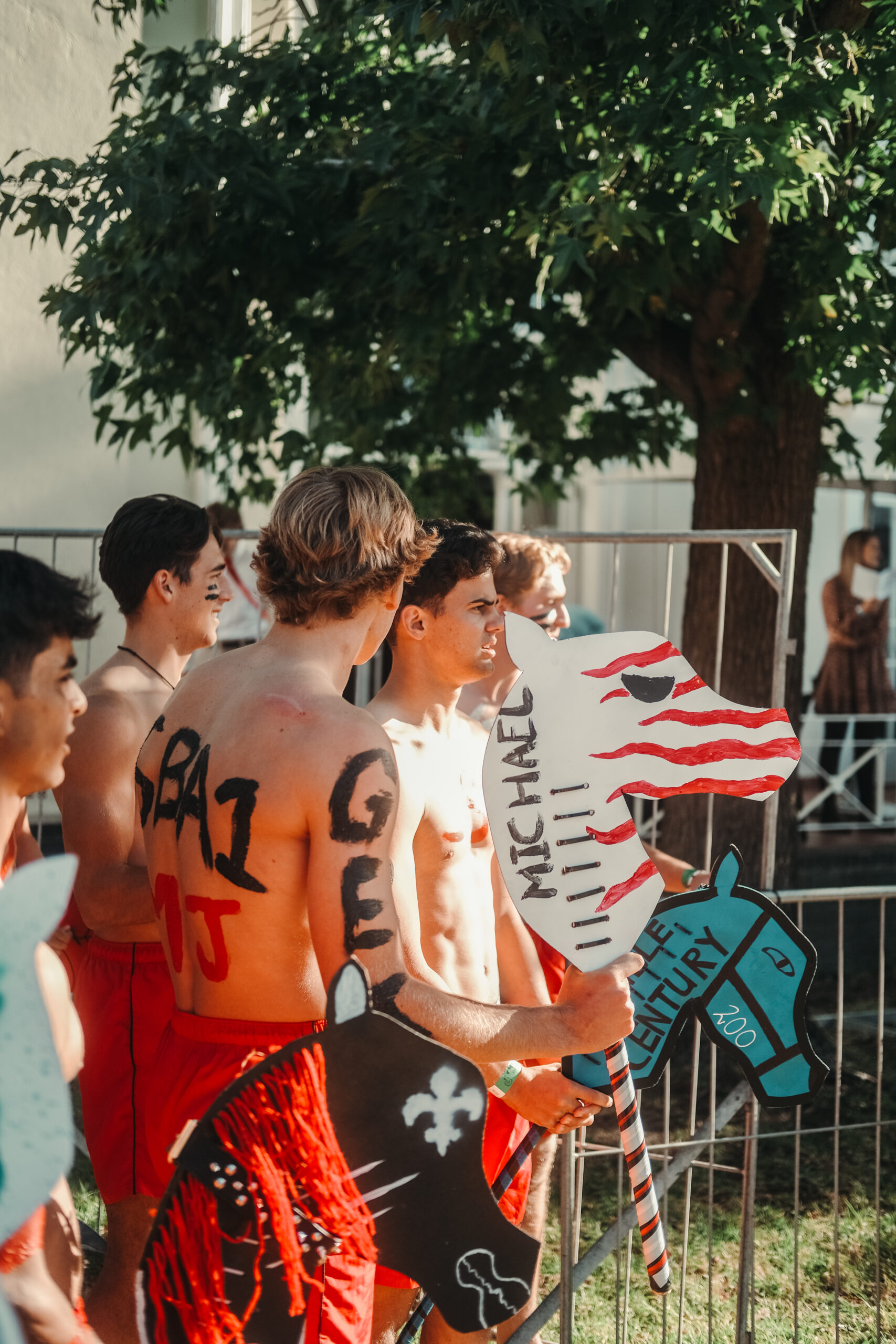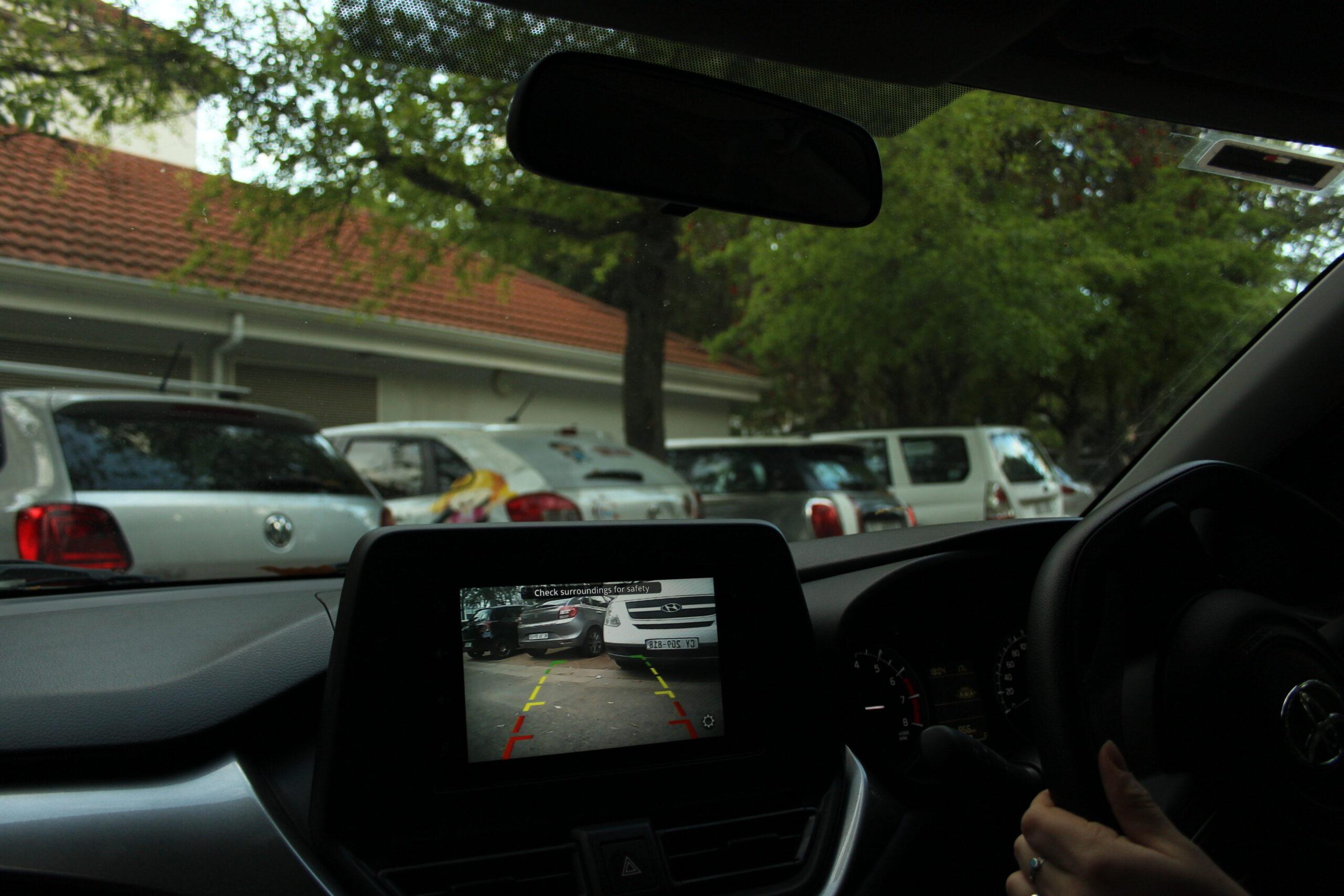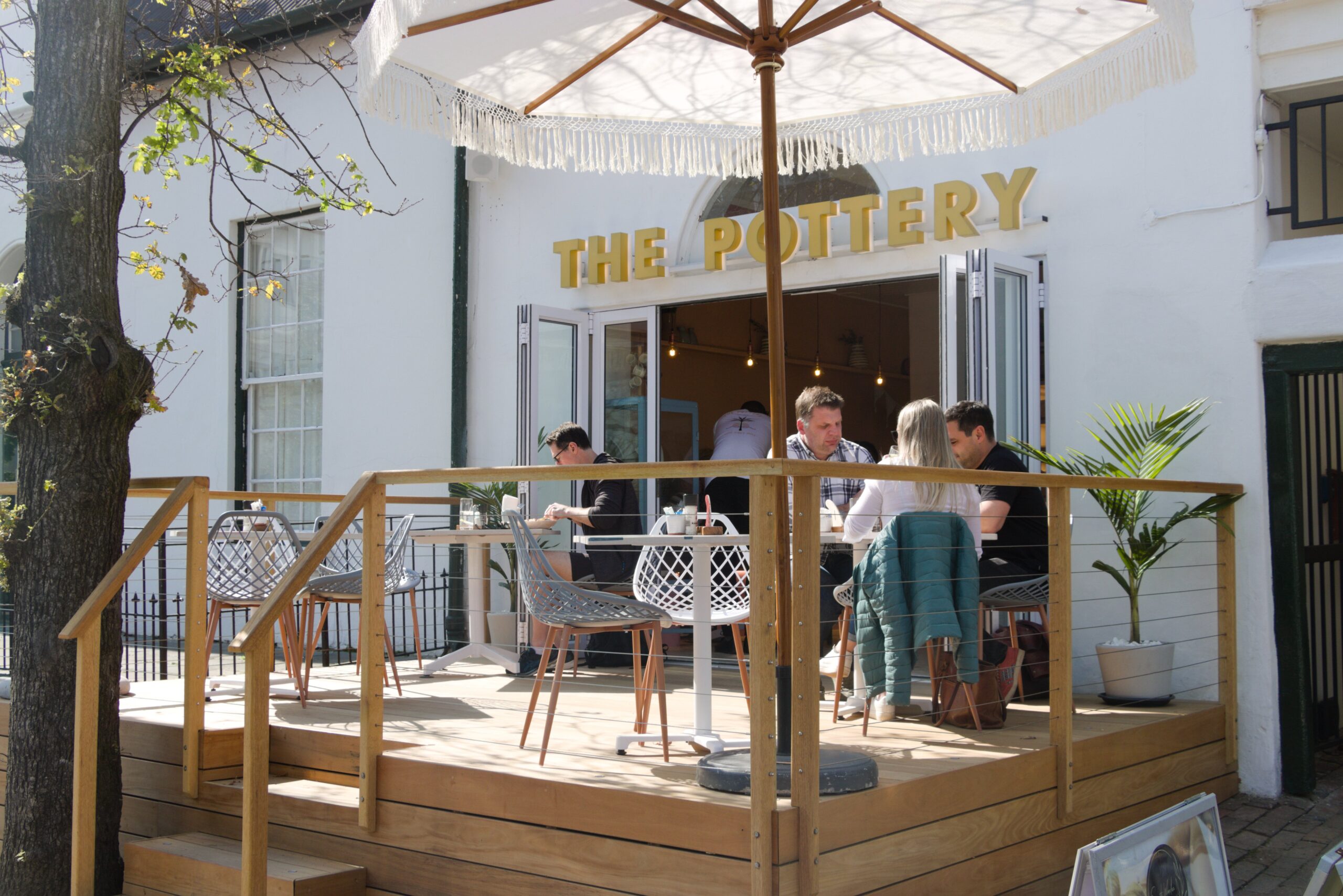LISA DE CLERCQ
THIRD-YEAR philosophy students and volunteer teachers of first-aid are usually not birds of a feather. Although the ability to convey medical knowledge is not in any way correlated to, or a causation of studying philosophy, this is exactly what Dieke Westerduin, an international student from Radboud University, Nijmegen in the Netherlands spends her Tuesday afternoons doing.
Westerduin, who is simultaneously studying a bachelor’s degree in both philosophy and medicine at Radboud University, came to Stellenbosch University (SU) to complete her undergrad studies in philosophy and has started an initiative to teach the student leaders of Vlottenburg Primary School in Stellenbosch the basics of first-aid.
Westerduin first heard of SU’s volunteering program during the welcoming period for the international students. Here Joe Warren, who is part of the learning program, Global Service Learning, at SU, told of the opportunity for students to volunteer to do various activities with the learners of Vlottenburg Primary School.
Westerduin was keen to do this from the beginning but remarked that she isn’t really a “child person”. “I mean kids are great, but I don’t just want to play games the whole time,” said Westerduin.
Westerduin, who also teaches first-aid to the first years at her university in the Netherlands, realised that she could contribute her knowledge in this regard to the community of Vlottenburg Primary School where the students and teachers alike have very limited knowledge of first-aid.
As the school’s first-aid kit is also very limited, Westerduin has been teaching only the basics of first-aid, such as the Heimlich, recovery positions as well as how to deal with severe bleeding and burns. “I try to teach them the things they are likely to encounter in real life,” said Westerduin. Westerduin has also allowed the learners to make suggestions of what they would like to learn.
Besides how to deal with a snake bite the learners are, according to Westerduin, also “very interested” in Cardiopulmonary resuscitation (CPR). “Mouth to mouth is unfortu- nately not something I am going toteach them,” laughed Westerduin.
Westerduin will return to theNetherlands at the end of the first semester to continue her post-graduate studies firstly in medicine and then in philosophy. She, however, emphasised the importance of knowing what to do in a medical emergency and encouraged anyone who has any knowledge of first-aid to continue her initiative.
“The kids are really smart, and they want to learn everything,” she said. Despite originally not thinking of herself as a “child person”, Westerduin has grown to love the learners that she teaches. She also plans on returning to South Africa as the country has found “a big place” in her heart.



